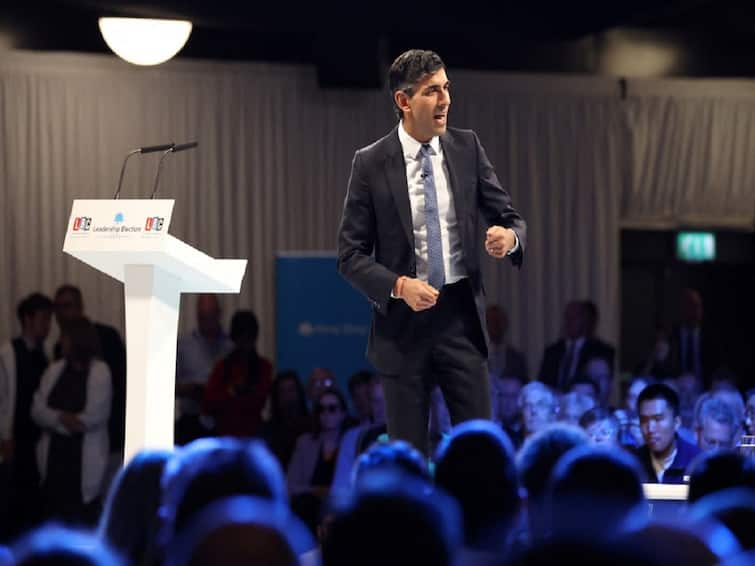British Prime Minister Rishi Sunak Admitted that his government has fallen short on its key healthcare promise to reduce waiting lists in the National Health Service (NHS).
Sunak, who outlined five major policy pledges at the beginning of 2023, including a commitment to tackle the strained NHS waiting lists, acknowledged, “We have not made enough progress.”
The confession comes against a backdrop of mounting concerns, with a near-record 7.6 million people in England waiting for non-emergency NHS hospital treatment, a stark increase from the figures when Sunak assumed office in late 2022.
Official data from last November indicates a substantial rise in waiting lists, despite the government’s heavy investments in the NHS, including the recruitment of additional staff and the provision of medical equipment.
Sunak attributed part of the challenge to persistent strikes by doctors over pay, hindering the government’s efforts to alleviate the strain on the healthcare system.
The NHS, an institution cherished by Britons since its inception in 1948, has faced mounting pressure due to factors such as an ageing population and the lingering effects of the COVID-19 pandemic, which exacerbated the patient backlog.
With a national election looming later this year, opinion polls currently favor the opposition Labour Party, highlighting a potential political fallout for Sunak’s Conservatives.
Labour’s health policy chief, Wes Streeting, seized the moment, stating, “Rishi Sunak has finally admitted what has been blatantly obvious to everyone else for years – the Conservatives have failed on the NHS.” Streeting outlined Labour’s plan to address waiting lists, proposing two million additional evening and weekend appointments financed by abolishing the non-dom tax status.



